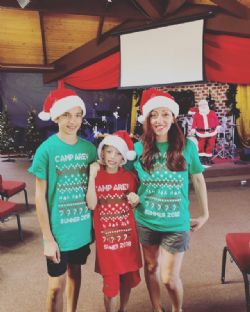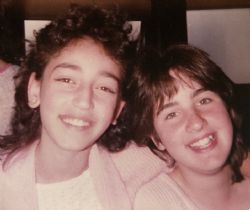Last month marked my family's 40th anniversary emigrating to the United States.
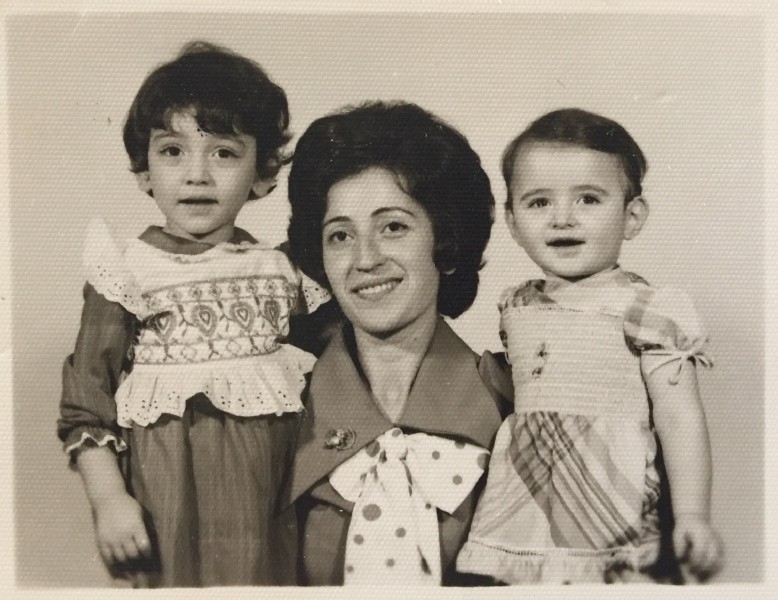
It was March 1977 when we first landed in New York City, green cards in hand. But our story goes beyond 1977, all the way back to 1915.
On April 24, 1915 the Ottoman Empire began the systematic extermination and forced deportation of Christian Armenians in Turkey. The Armenian Genocide became the first holocaust of the 20th century, with more than 1.5 million souls lost. Unthinkably, to this day Turkey continues to deny the Genocide took place. My grandparents' horror stories, and the stories of countless survivors, prove otherwise.
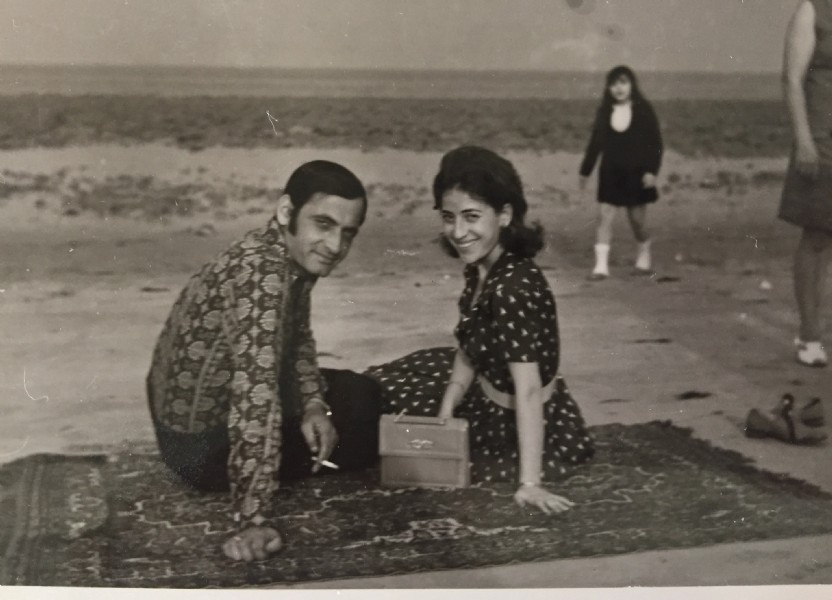
As a result of the Genocide, my grandparents ended up in Aleppo, Syria, where my parents were born and grew up. As adults, my parents separately moved to Kuwait, where there was a small Armenian community, with one school and one church. They reconnected at the Armenian church, where my mother taught Sunday school and my father sang in the choir. They married and had me and my sister.
By the mid-seventies my father had a brother who had settled in Massachusetts and my mother had a brother who had settled in New Jersey. My uncle in Massachusetts started bringing his family members over, and we reached the States in spring 1977. I was 3 years old.
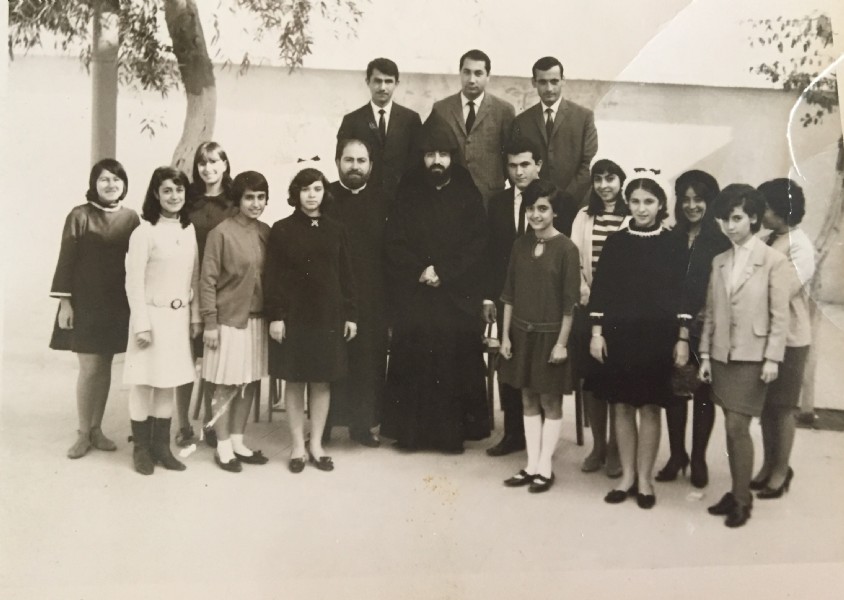
The following year I started Kindergarten at Hosmer Elementary School in Watertown, MA. They immediately put me into ESL classes (English as a Second Language). Little did they know I had already learned English by watching Sesame Street and The Electric Company. When my teachers saw me helping other students with their English, they pulled me out and put me in regular classes.
My parents looked for work right away. My father, a mechanic, was hired by his friend who owned an auto repair shop (thank you, Mr. Panos Karaguezian). Less than a year later, working for an Armenian, alongside other Armenians, at a shop with Armenian clients - he realized he hadn't learned any English. My father made the difficult but necessary decision to quit this job and find work at an "odar" (non-Armenian) place of business. I cannot imagine how tough this must have been - to work for a boss who gave instructions in a language he wasn't familiar with. Soon enough, he added English to the three languages he already spoke (Armenian, Turkish and Arabic).

My mother followed Dad's example. She was a hairdresser and went to work at Filene's in Belmont Center. They used to have a salon on their second floor. She quickly added her fourth language as well.
My parents grew up poor. My grandmother would tell stories of going to the butcher once a week for meat, IF they had the money. My father stopped going to school after sixth grade because his family could not afford his yearly outfit and he didn't want to wear old/dirty/outgrown clothing to school. My mother's education ended after eighth grade (although she did some correspondence school after coming to the States for high school credit).

Why did my parents want to come to the United States of America? Why did they leave the comforts of the life they knew for something uncertain and unknown? Like so many others, they wanted to follow the American Dream - to provide a better future for their children. What would have happened to us had we stayed in Aleppo? In Kuwait?
Instead, with a lot of hard work, my parents were able to operate their own businesses. My father was the owner of Sam's Auto Repair until an injury forced his retirement from the mechanic trade. My mother owned Jenny's Hair Design until illness prevented her from working any longer. A sixth and eighth grade education did not prevent them from establishing their own businesses in the entrepreneurial utopia that could only exist in the United States. It wasn't easy; there were many mistakes and hard lessons along the way. But they turned the possibilities into their reality.
I graduated with a Bachelor of Arts degree from a prestigious university. My sister graduated from university and from law school - the first and only attorney (thus far) in our extended family.
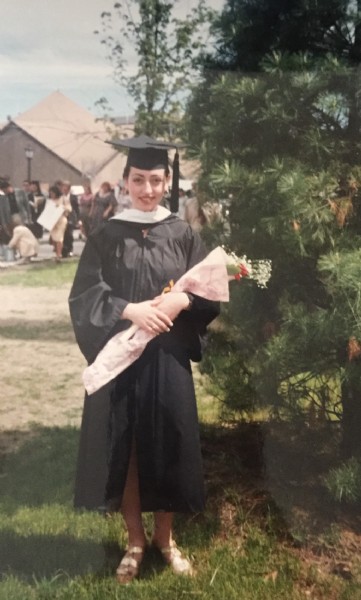
My parents' sacrifices paid off. The hardships they endured resulted in the incredible lives my sister and I live today. We are blessed beyond measure. But the sacrifices extended far past my parents to my grandparents and great-grandparents, who endured the horrors of the Genocide. Executions. Torture. Rape. Death marches through the desert. Atrocities that are painful to remember but should never be forgotten.
This month marks 102 years of remembrance for Armenians worldwide, 40 years of gratitude for my family, and a boundless future of hope for my children and all our children.


